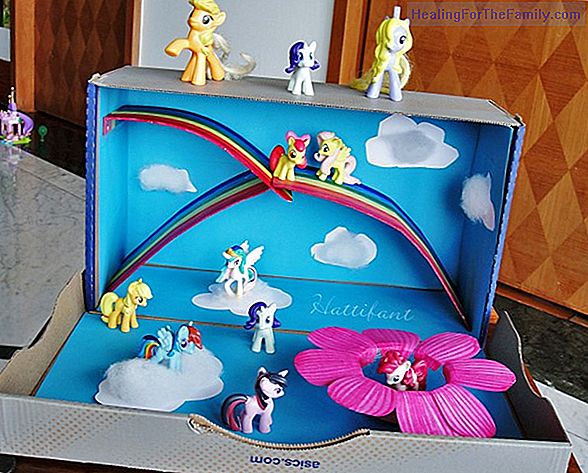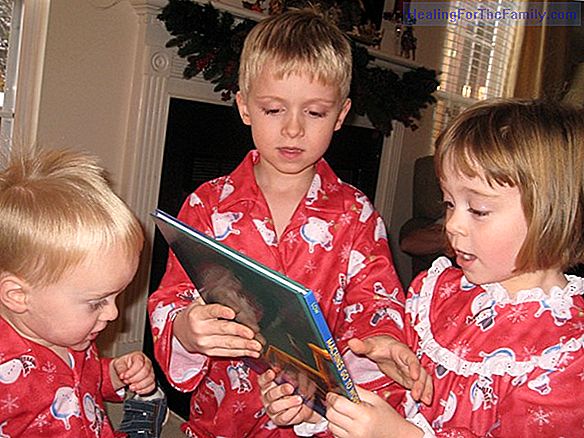Teach children to differentiate constructive from destructive criticism
From childhood we are constantly exposed to criticism. Therefore, teaching children to differentiate constructive criticism from destructive criticism, to receive criticism and to make them positive, will enhance that they develop effectively in their social environment and that their self-esteem is
From childhood we are constantly exposed to criticism. Therefore, teaching children to differentiate constructive criticism from destructive criticism, to receive criticism and to make them positive, will enhance that they develop effectively in their social environment and that their self-esteem is not shaken by the opinions of others .
Teaching children to accept criticism and develop in them the ability to make constructive criticisms is ideal to help the child succeed in their social relationships.
Helping children to accept criticism

Many times when we receive a criticism or an assessment from another person we feel invaded, insecure and even offended. This happens exactly like children. However, we must make them understand constructive criticism as an opportunity to improve, to be more effective and to create bonds of trust with the people who criticize us.
Therefore, we have to convey to children the importance of accepting negative comments or evaluations, since they undoubtedly enrich them and awaken in them the interest to improve. Criticism, as long as it is constructive, can positively influence the child's personal development. Now, it is necessary that the child has developed the ability to listen to others and accept the criticisms to later reflect on them.
It is impossible that what we do throughout the day or that the decisions we make are well valued by all the people in our environment, so it is absolutely normal, and necessary, to receive criticism. This is an idea that we must instill in children to learn that criticism is something that happens frequently in social interactions and so that they do not receive it as if it were the end of the world.
Learn to differentiate constructive from destructive criticisms Las - Constructive criticism
are those that are made from absolute respect and in a friendly tone. The only objective that the person who makes constructive criticism aims to achieve is to offer feedback or feedback to the other person so that they can do better next time. This type of criticism is intended to help and encourage a positive change in the other person, there is nothing more behind a constructive criticism so getting angry for receiving a constructive criticism is inappropriate and this we must let the little ones know. Las - The destructive criticisms are those that are made from a judgmental, disrespectful and intimidating attitude. The only objective of destructive criticism is to inconvenience and / or emotionally hurt the other person so that they feel bad about themselves. You can not learn from them, they do not provide useful or interesting information, so they do not serve absolutely anything other than to create a climate of tension that leads nowhere and to weaken the relationship you have with the person you are the criticism is made.
Criticism is like a hammer, it can serve to build or to destroy. It all depends on how the person who has it in their hands uses it. For this reason, we must help children to differentiate constructive from destructive criticisms so that they can protect themselves from the latter, not allowing them to damage their vision of themselves.
"It is a great virtue of the serene man to hear everything that they censor against him, to correct what is true and not to be disturbed by what is a lie". (J.W. Von Goethe).












